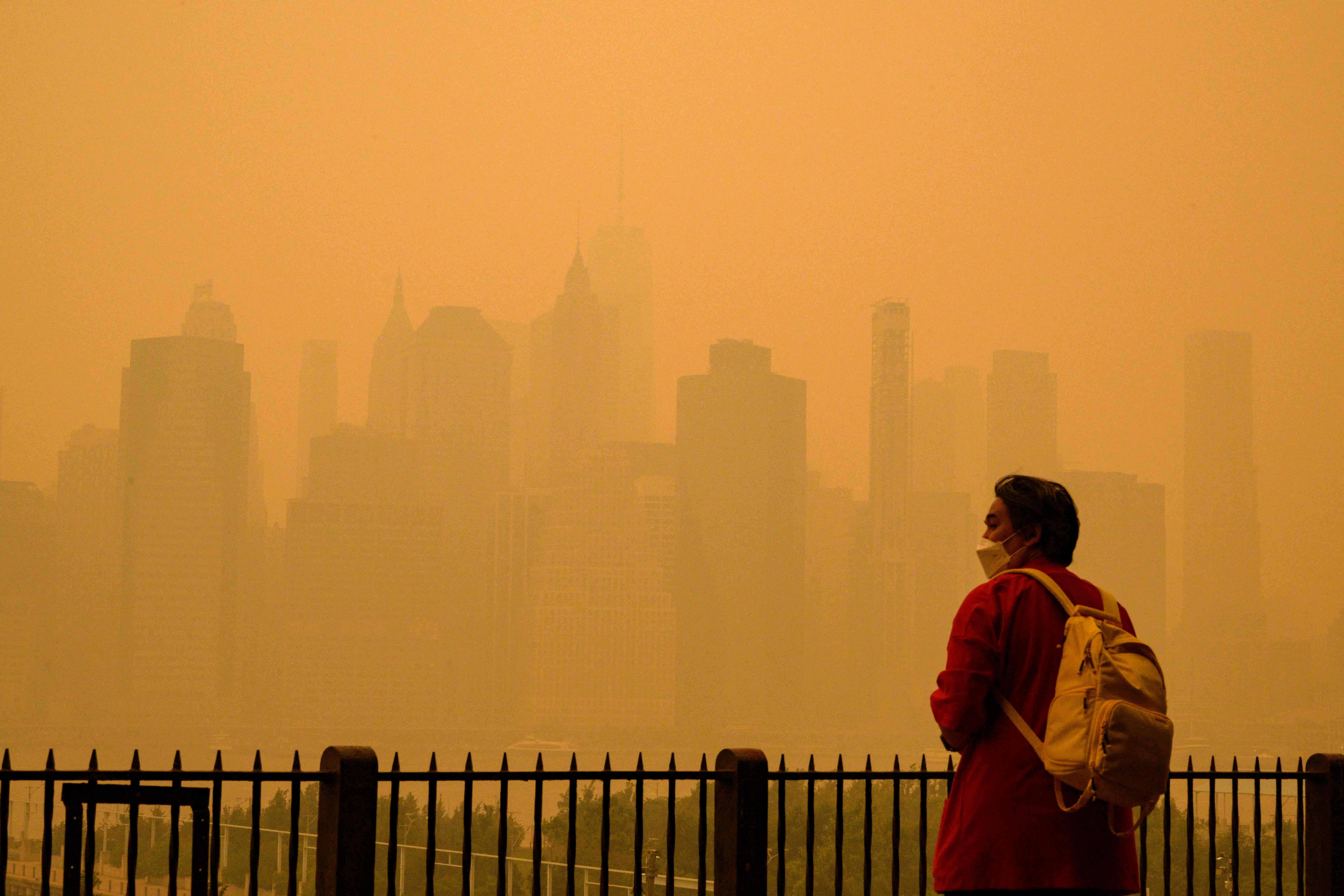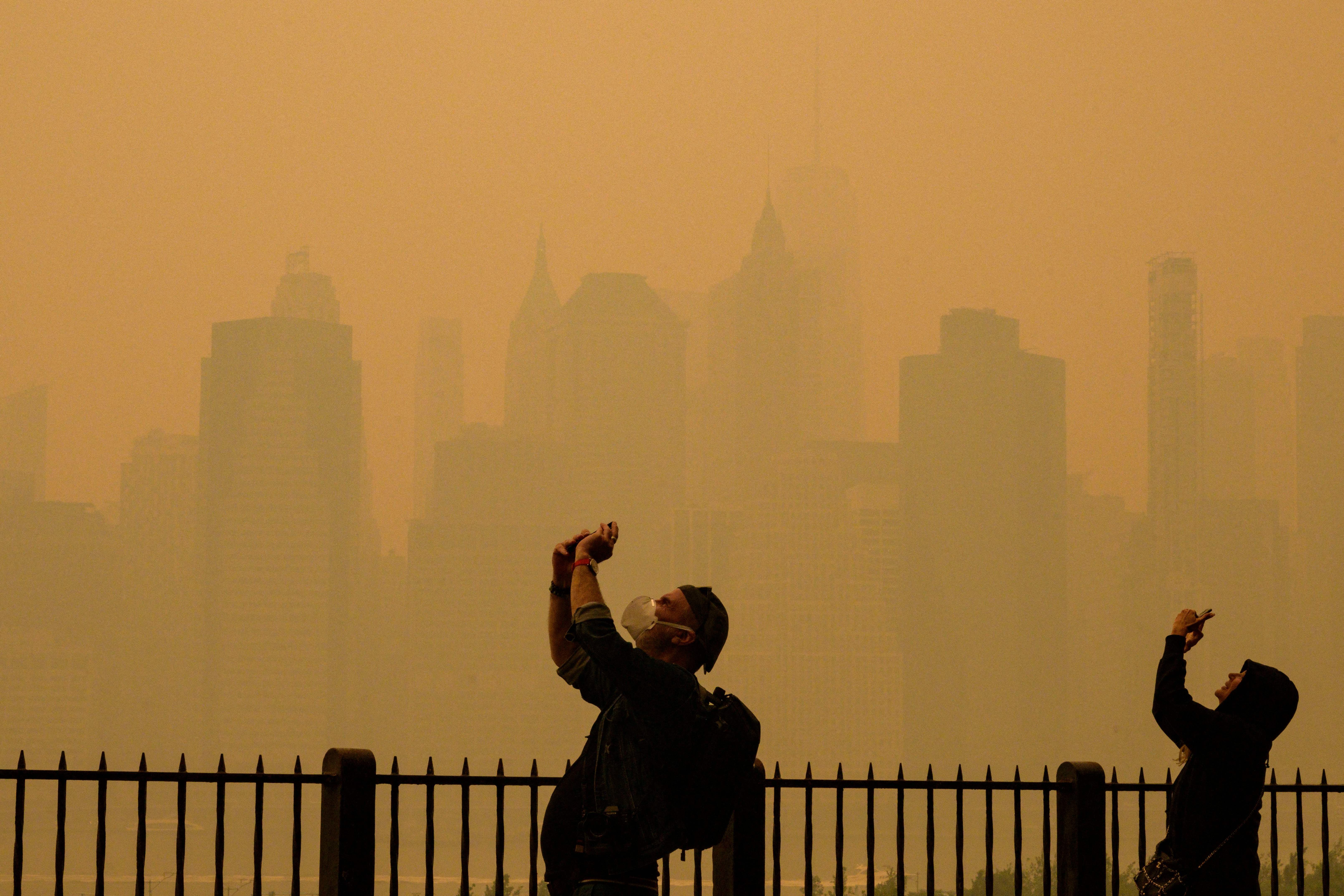Air pollution could be causing kids to develop peanut allergies, new study reveals
Peanut allergies have now made the long list of health problems caused by dirty air

Your support helps us to tell the story
From reproductive rights to climate change to Big Tech, The Independent is on the ground when the story is developing. Whether it's investigating the financials of Elon Musk's pro-Trump PAC or producing our latest documentary, 'The A Word', which shines a light on the American women fighting for reproductive rights, we know how important it is to parse out the facts from the messaging.
At such a critical moment in US history, we need reporters on the ground. Your donation allows us to keep sending journalists to speak to both sides of the story.
The Independent is trusted by Americans across the entire political spectrum. And unlike many other quality news outlets, we choose not to lock Americans out of our reporting and analysis with paywalls. We believe quality journalism should be available to everyone, paid for by those who can afford it.
Your support makes all the difference.While air pollution is known to cause a myriad of health issues such as asthma and cancer, a research team has just discovered a new, unexpected consequence of dirty air: Peanut allergies in children.
When babies are exposed to high levels of air pollution, they are more likely to develop a peanut allergy and have it persist until they’re at least 10 years old, according to a peer-reviewed study published this week led by scientists from the Murdoch Children’s Research Institute and the University of Melbourne.
Their study marks the first time a team has linked air pollution to a proven food allergy within the first decade of a kid’s life, according to a press release from the Murdoch Children’s Research Institute.
Air pollution triggers the body’s immune system, and allergic reactions are caused by an overreaction of the immune system to a foreign substance, potentially explaining this link.
“Air pollutants have an irritant and inflammatory effect that may boost the immune system’s pro-allergic response, potentially triggering the development of food allergies,” Dr. Diego Lopez, a study author and professor at the University of Melbourne, said in a statement.

Peanut allergies and eczema – a chronic skin condition that causes an itchy rash — are both immune conditions that often develop during infancy, according to Rachel Peters, one of the study’s authors and an associate professor with the institute.
But eczema and other allergies aren’t impacted in the same way by air pollution, Lopez explained, leaving the team with unanswered questions.
“However, the underlying mechanisms of how air pollution increases the risk of a peanut allergy, and why eczema and egg allergy aren’t impacted in the same way, need to be explored further,” he said.
One in 13 children have food allergies in the US, and more than 40 percent of kids have experienced a severe allergic reaction to food, according to Food Allergy Research and Education.
Air pollution can also have an impact on people’s moods, a study published in August found. Breathing polluted air can cause mood swings and changes, as well as increase the risk of long-term mental health impacts.
Climate researchers have already established links between mental health and the climate crisis. Two years ago, the United Nations Intergovernmental Panel on Climate Change announced they would begin including the impacts of climate on mental health in their reports.
Their findings revealed that mental health challenges can be linked to trauma from extreme weather and climate events. The panel also listed loss of livelihoods and loss of culture due to the climate crisis as having negative impacts on mental health.
Air pollution is a deadly force. 135 million people have died in the last four decades from air pollution, a recent study from the Nanyang Technological University of Singapore revealed.
Meanwhile, events driving air pollution, such as destructive wildfires, will only increase in intensity and frequency as the human-driven climate crisis worsens.
Join our commenting forum
Join thought-provoking conversations, follow other Independent readers and see their replies
Comments